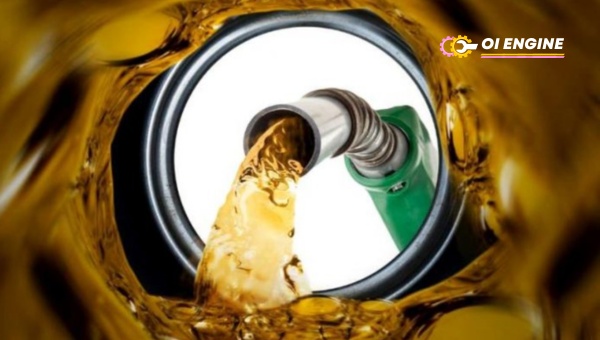Have you ever wondered if those bottles of diesel fuel additives stacked on the auto shop shelves are more than just fancy liquids with empty promises?
Well, today I’m exploring this question head-on. I know folks who swear by them and others who think they’re nothing but snake oil. So, let’s get down to brass tacks – do diesel fuel additives work or is it just marketing buzz?
Believe it or not, these additives can make a difference. They’re designed to improve your engine’s performance and protect it from wear and tear.
These products clean out the gunk that builds up in your fuel system over time, improving combustion and making your engine run smoother.
They also help in cold temperatures to keep diesel flowing freely. In short, yes, they can work – but there’s more to it than just dumping a bottle into your fuel tank.
Exploring the Basics of Fuel Additives
When it comes to keeping our cars running smoothly and efficiently, we often hear about something called fuel additives.
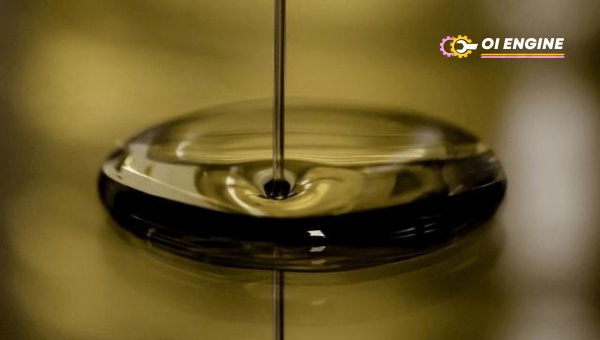
These are little helpers we can pour into our fuel tank, and they’re designed to make our car’s fuel work better in various ways. Let’s dive into what these additives are and the different types that exist.
What Are Fuel Additives?
Fuel additives are chemicals that you can add to your car’s gas or diesel to improve how it runs. They come in small bottles you buy from a store, and you pour them into your tank when you fill up with gas or diesel.
Some people say these additives can clean your engine, improve performance, or even help save gas money. Others aren’t sure if they work. One thing’s for sure – there are lots of different kinds out there to try.
What are the Different Types of Fuel Additives?
There’s a whole bunch of different kinds of fuel additives, each promising to do something special for your car.
- Fuel system cleaners: Imagine these like a soap for your car’s insides. They help clean out all the gunk and grime that builds up over time. Think about all the parts fuel touches before it burns up and powers your car; well, this type cleans all those parts. It could help if your engine has been feeling sluggish.
- Fuel injection cleaners: These focus on a specific part – the fuel injectors. They’re like precise cleaning agents that target just where the fuel gets squirted into the engine. Over time, tiny bits of dirt can clog up where the fuel squirts into the engine (the injectors). Using this cleaner helps keep them spraying evenly and keep things running smoothly.
- Gas mileage additives: Who doesn’t want to get more miles out of their gas? These additives claim they can help make every drop go further. It aims to make your car more efficient so you get better gas mileage. That means less money spent at the pump if they work as promised!
- Cooling system additives: These are like giving your engine a cool drink on a hot day, helping everything stay at the right temperature while it works hard for you. It plays with the temperature level inside your engine This is important because too much heat could mean trouble. So keeping things cool is always a good idea.
Remember though, not all cars need these or will benefit from them in the same way – it depends on how old your car is or how well-maintained it’s been so far!
Do Diesel Fuel Additives Work?
In my experience and based on what experts say, yes, diesel fuel additives do hold up their end of the bargain by providing the benefits they promise. Here are some key points:
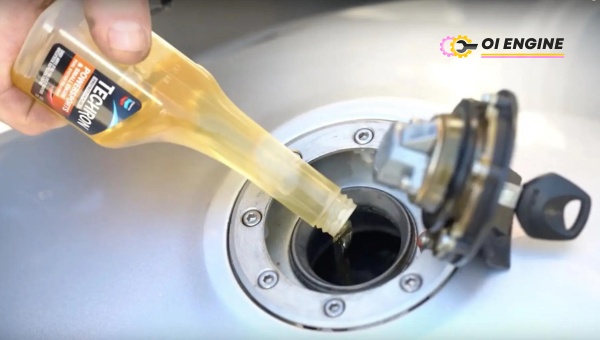
- Improved Fuel Economy: Some additives can help your engine burn diesel more efficiently. This means you could potentially save money on gas over time.
- Cleaner Engine Parts: Additives can do a great job keeping things like your injectors clean, which is crucial for maintaining good engine health.
- Prevention of Gelling: In colder climates, diesel can become thick and sludgy. Additives can stop this gelling, keeping your fuel flowing nicely even when it’s cold outside.
- Longer Engine Life: By keeping the internal parts of your engine cleaner and running more smoothly, fuel additives might help extend your engine’s lifespan.
Still, not all diesel fuel additives are created equal. The key is finding one that does what it promises without causing harm or being too costly.
Factors That Affect How Well Fuel Additives Work
The condition of your engine plays a massive role in how well these additives work. Let’s break it down into some simple bullet points:
- Age of Your Engine: Older engines might benefit more from additives because they tend to have more buildup inside.
- Type of Driving You Do: If you often drive short distances or in stop-and-go traffic, your engine doesn’t get hot enough for long enough periods to burn off deposits naturally — so additives can help.
- Regular Maintenance: Even the best additive can’t fix negligence. If you’re not changing your oil or following other regular maintenance schedules, don’t expect miracles from an additive alone.
- Quality of Fuel Used Regularly: Bad-quality fuel might see more benefits when an additive is used compared to already high-quality fuel options.
Always keep in mind that while the additive can provide many benefits, no product will fix deep-rooted mechanical issues or replace regular maintenance needs!
Investigating Specific Aspects
When it comes to diesel vehicles, certain specifics can greatly influence performance and maintenance. Additives are often mentioned as a magical fix for a variety of issues, but I believe it’s vital to understand what they truly do.
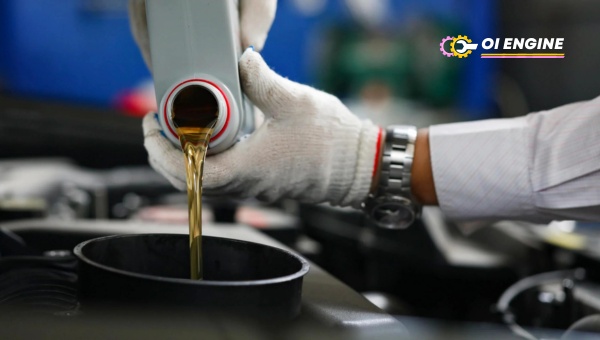
Let’s dig into the details and find out whether these additives make a real difference or if they are just another product on the shelf.
Achieving ‘Good Energy Content’ With Additives
Good energy content is like having a hearty meal; it gives your diesel vehicle the strength to perform well. When I pour additives into my tank, they are supposed to help my diesel burn better which means more power from every drop.
Some folks say that additives help you get more miles out of your fuel, but this can depend on a bunch of things like the kind of diesel you’re using and how your engine’s doing.
Benefit from ‘High Cetane Number’
A high cetane number is kind of like a grade that tells you how quickly diesel fuel starts up when ignited.
People often talk about using additives to bump up this number because a higher cetane could mean smoother starting, better running engines, and maybe even less racket under the hood.
Sometimes the diesel we buy isn’t top-notch with cetane numbers; so this is where some believe an additive can come to the rescue.
Low-Temperature Operability
I don’t know about you, but in my experience trying to start a diesel engine in cold weather can be tough.
The thing with additives meant for low temperatures is that they’re like throwing on an extra layer when it’s freezing outside – they keep things flowing by stopping the diesel from turning into a gel when it gets really cold.
Thermal Stability
Just as we don’t do well in extreme heat without some shade or aircon, diesel fuel doesn’t either. Thermal stability means keeping everything stable no matter how hot it gets under there.
Regular diesel might start falling apart (or oxidizing) when it gets too hot for too long – causing all sorts of engine issues – but if you use an additive that says thermal stability on the bottle, then supposedly this will keep your fuel in good shape longer.
The Cleansing Powerhouse
Then, let’s chat about keeping things clean – specifically, those tiny injectors squirting fuel into your engine.
Good injector health equals good engine health equals happy driving times! Injectors can get dirty over time because of all sorts of nasty bits in lower-quality fuel or just everyday wear and tear.
Additives that claim cleaning powers are meant to chase away those dirt gremlins hanging onto your injectors so that everything runs smoothly and efficiently like it’s supposed to.
Taking all these aspects into account helps us understand more deeply what role each additive plays in caring for our sturdy companions – our beloved vehicles.
Detailed Analysis of Categories
In our ongoing quest to answer the burning question, “Do diesel fuel additives work?”, we must now cast our gaze upon two considerable categories: Pre-blended fuel versus aftermarket fuel, and the careful considerations needed before choosing to use fuel additives.
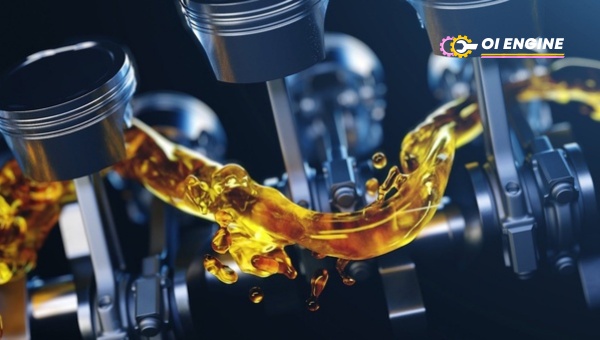
The beauty of this comparative study lies not only in its quest for knowledge but also in its potential to enlighten and empower every diesel vehicle owner on their journey.
Pre-blended Vs Aftermarket Fuel
Pre-blended fuels, as I’m sure you can imagine, are sold ready-made with the necessary additives already mixed in.
Companies offering pre-blended fuels have already taken care of the right concentration based on typical driving conditions and vehicle types. This convenience is a boon as it saves us the hassle of determining how much additive to use.
Pre-blended fuels come with undeniable benefits:
- Easier Operations: The biggest perk has to be its ‘use-and-forget’ nature.
- Quality Assurance: You have a company’s guarantee about additive concentration that is tailored towards average driving requirements.
- Lower Maintenance: By their very nature, pre-blended fuels contribute significantly towards prolonging engine life.
On the other hand, aftermarket fuel additives offer flexibility and control that pre-blends may or may not offer depending on one’s driving habits and locale.
Aftermarket fuel has undeniable strengths:
- Customizability: You can adjust your blends based on your engine requirements.
- Wide Selection: There’s a broader range of available products.
- Price Efficiency: For certain applications, this can prove more cost-effective than pre-blends.
Therefore, while both options carry certain advantages, deciding which one suits you best depends largely on your concerns like convenience, cost-effectiveness, or control over additive content.
Considerations Before Using Fuel Additives
Though we’ve established that adding diesel fuel additives has potential benefits, there are still specific considerations to take into account before using them. Here are the top points to ponder:
- Engine Condition: Additives can detoxify your engine, but they won’t make an ailing engine perform like a brand-new one.
- Cost per Performance Gain Ratio: While additives can help enhance performance and fuel economy, consider if these gains outweigh the cost of repeated additive purchases.
- Fuel Type Compatibility: Not all additives work with every type of diesel fuel. Ensure compatibility before use.
- Regularity of Maintenance: If you regularly tune up your vehicle and maintain it well, you might not need additives often as your combustion efficiency will already be at its peak.
- Manufacturer’s Recommendations: Always check if the car manufacturer recommends or discourages the use of any additives.
The important takeaway here is that diesel fuel additives can complement good engine maintenance practices but should not be seen as an alternative to proper care and servicing of your vehicle.
FAQs
Are diesel fuel additives effective?
Yes, diesel fuel additives can certainly be effective, enhancing engine efficiency and power. However, their effectiveness can depend on several factors, like the state of your vehicle’s engine.
Can diesel fuel additives cause problems?
While properly used fuel additives generally shouldn’t cause issues, using too much or using the wrong kind for your specific engine might bring about problems.
How long does it take for a diesel fuel additive to work?
The time taken for a diesel fuel additive to work varies depending on the type of additive and the condition of the vehicle. In general, you could notice improvements as quickly as after your next refueling.
Can fuel additives damage injectors?
Properly used, good-quality fuel additives should not harm your injectors. Some types of additives are made specifically to help clean and preserve them.
How often should you add diesel fuel additives?
Various factors come into play here – the type of additive used, the state of the car’s engine, and its performance requirements. However, generally speaking, most can benefit from an additive treatment every 3-5k miles.
Conclusion
In my journey to decide, “Do diesel fuel additives work,” I’ve extensively explored their workings, effects, and value for money.
It’s clear various factors like the type of additive and the engine’s condition significantly affect the results.
While additives can amplify specific performance aspects such as energy content and thermal stability, it doesn’t mean an additive is always necessary. Sometimes, simply investing in quality fuel could be more beneficial.
Every diesel vehicle owner should make a well-informed decision considering their unique needs and circumstances.
